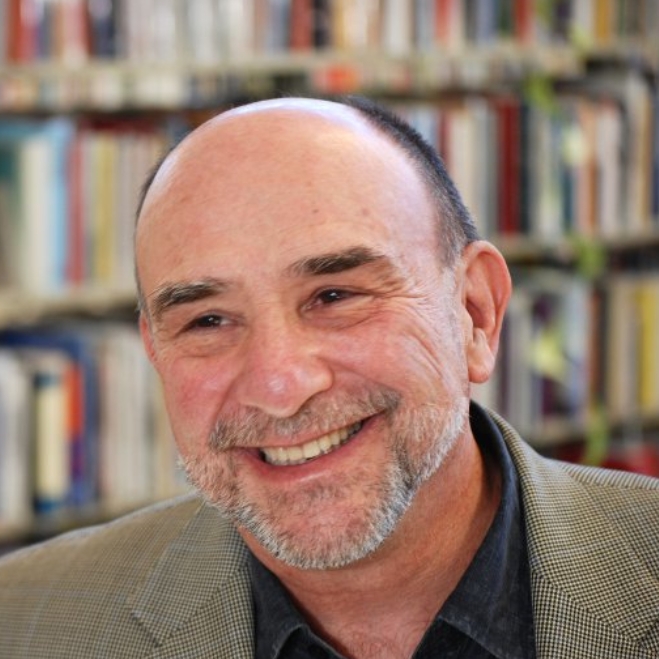Philip Schultz (b. 1945) won the Pulitzer Prize for poetry with a collection called ‘Failure’. To him, that failure referred to the relative failure of his alter ego the novelist, who finally gave in to the poet, under one condition: the subtitle of the book is ‘a novel in verse’. Here is a poem called Afterward from the Wherewithal (2014):
Afterwards
Suddenly
everything feels afterwards,
stoic and inevitable,
my eyes ringed with the grease of rumor and complicity,
my hands eager to hold any agreeable infatuation
that might otherwise slip away.
Suddenly
it’s evening and the lights up and
down the street appear hopeful,
even magnanimous,
swollen as they are with ancient grievances
and souring schemes. The sky,
however,
appears unwelcoming,
and aloof, eager to surrender
its indifference to our suffering.
Speaking of suffering,
the houses—our sober, recalcitrant houses—
are swollen with dreams that have grown opaque with age,
hoarding as they do truths
untranslatable into auspicious beliefs.
Meanwhile,
our loneliness,
upon which so many laws are based,
continues to consume everything.
Suddenly,
regardless of what the gods say,
the present remains uninhabitable,
the past unforgiving of the harm it’s seen,
while
the future remains translucent
and unambiguous
in its desire to elude us.
It’s a powerful description of that feeling. I can relate (can you?) We look around us with these complicit eyes and want to hold on to everything because we know we can’t make any new things spring into being. Yet the lights appear hopeful at night. Perhaps the stoic feeling of afterwards was purging the world and now it is time for the New? The sky couldn’t care less about our suffering, and the dreams in our houses are dull and heavy.
So we are left with loneliness, on which so many laws are based. What does that mean? I think loneliness is a crucial element of our appetite for justice, so all the laws regulating the tiniest details of our public and private lives are often not about preventing misbehaviour or redistributing the (financial) pain, but about feeding the Leviathan called ‘justice’ that looms over society and allows us to engage in shared outrage to escape from loneliness.
Okay, we can’t live in the present and the past was too harmful. Yet the future desires to elude us, because every day the world feels like a fait accompli. So the status quo remains the same and time is the uninhabitable present looking back at the unforgiving injustices of the past and forward to the future that is being consumed by our loneliness.

One thought on “Reading: Afterwards by Philip Schultz”
Comments are closed.